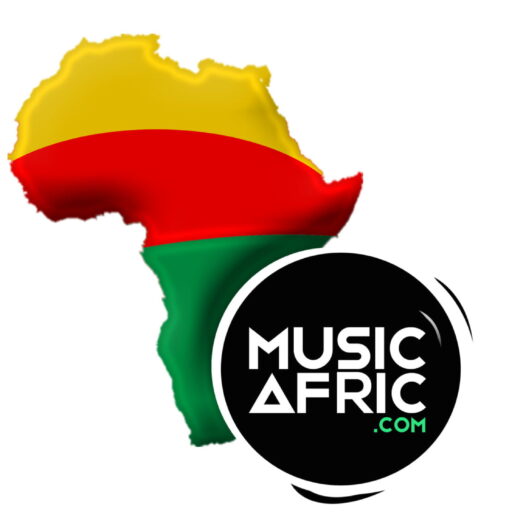Chris Brown is not a small fry in today’s musical reckoning, a highly successful, albeit controversial pop star known the world over. So when he chooses a Nigerian Afro Pop act like Wizkid as his sidekick on his on-going World Tour, he may be falling in line with the new thinking in the industry.
Ice Prince & Jay Z. Image Courtesy of Ice Prince’s Instagram
In 2015, renowned audit behemoth: PwC, in one of its futuring exercises confirmed one of the suspicions of music industry practitioners by predicting that proceeds of entertainment and media will gross $8.5 billion US dollars in Nigeria by 2019, of which music is a major part.
In Africa, Nigeria’s huge population makes it an easy ground for sampling of different sorts and in most cases, if it sails there, it will have a high likelihood of flying elsewhere on a continent that is now grossed over 1 billion people. By implication, Africa’s next big commercial export will be calibrated in musical notes and we are witnessing the early days of a new scramble for these new artistic resources.
After winning a Grammy in the Best World Music Category earlier this year, Benenoise Angelique Kidjo said “I want to dedicate this Grammy to all the traditional musicians in Africa, in my country, to all the young generation,”. Nowbased in New York, Kidjo has had a front row seat to witness the growth and new found love for African music in the first world. Late last year Kidjo also collaborated with Nigeria’s Omawunmi, signifying her willingness to collaborate with the rising tide of Africa’s new crop of artists.
Jay Z, Tiwa Savage Don Jazzy | Image courtesy of Tiwa Savage’s Instagram Page
Global music business has responded well to the beats from the black continent too with Sony expanding its operations across Africa particularly in in the West and Roc Nation’s new found interest in African acts being the biggest bellwethers of the new trend. As for the former, the business model for Africa has been evolving over the past five years. First it was Sony Music Africa (an SPV to run their interest in Africa) that has engaged talents. But now, the parent brand Sony BMG has waded in with two offices in quick succession. Some of the artistes that have courted their interest included D’banj (Nigeria), Xtatic (Kenya), Davido (Nigeria), and Alikiba (Tanzania).
RocNation on the other hand still seems to be dipping their toes in the pool, with no deals being signed as yet but there is strong evidence to suggest that they are keenly interested in entering the African market. Jay Z has already had meetings with Ice Prince, Don Jazzy and Tiwa Savage. Last year he sent his cousin and business partner Briant Briggs and Jay Electronica on a talent scouting trip to Africa. South Africa’s Nasty_C has also claimed that the Roc has expressed interest in him and contacted him personally last month.
It’s a new age for African artists, especially for talents that have been able to fuse the right contemporary elements into their sounds. Even without the support of major labels or a structured industry artists are now money generating brands within their own rights. Nigerian Davido gawked on his snapchat that his Pepsi deal was worth 100 million Naira (~$500,000 USD). Cassper Nyovest bragged that he grossed over 1 million Rand in show revenue last year and is rumoured to have signed a deal with MTN worth 7 figures.
Back to Chris Brown’s “One Hell of a Tour” in Amsterdam last weekend, he performed a yet to be released collaboration with the Nigerian titled “African Bad Girl”. From the title to the beat and stage act, it was obvious the world is ready to be entertained by everything the continent has to offer.
@THEREALSWIZZZ vibing to @RealBlackCoffee | there are levels to this life thing yo
As acts like Wale, Swizz Beatz, and Drake have now shown, the tide is shifting. Gone are the days when African artists had to travel abroad with large sums of cash in hand hoping to convince international acts to collaborate with them. The world has begun to take notice and respect the talents of Africa, and they are now more willing to collaborate on mutually beneficial musical offerings.
The biggest challenge however is for the industry to be strong enough to trap down most of the proceeds for the benefit of the continent and the artists themselves


